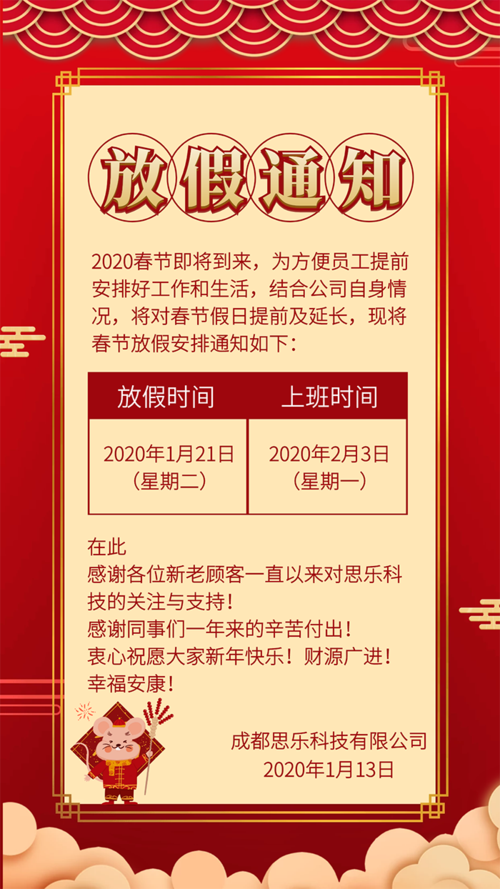Title: Mastering Technological English in the Field of Electronics
Introduction
In today's globalized world, proficiency in English is essential for professionals in the field of technology, especially electronics. With the rapid pace of innovation and the interconnectedness of markets, effective communication in English is crucial for collaboration, understanding technical specifications, and staying updated with the latest advancements. This guide aims to provide insights and strategies for mastering technological English in the context of Kunlin Technology, focusing on key vocabulary, communication skills, and resources tailored to professionals in the electronics industry.
Key Vocabulary
1.
Components and Devices
: Familiarize yourself with terms related to electronic components such as resistors, capacitors, transistors, and integrated circuits. Understand their functions and how they contribute to the overall functionality of electronic devices.2.
Circuit Design
: Learn vocabulary associated with circuit design, including terms like voltage, current, impedance, and frequency. Understand circuit diagrams and schematic symbols commonly used in electronic schematics.3.
Embedded Systems
: Explore vocabulary related to embedded systems, microcontrollers, sensors, and actuators. Understand concepts like firmware, interrupts, GPIO (General Purpose Input/Output), and serial communication protocols (e.g., UART, SPI, I2C).
4.
Digital Electronics
: Acquire terminology concerning digital electronics, such as logic gates, flipflops, shift registers, and multiplexers. Understand binary, hexadecimal notation, and concepts like digital signal processing (DSP) and fieldprogrammable gate arrays (FPGAs).5.
Analog Electronics
: Learn vocabulary specific to analog electronics, including operational amplifiers, filters, oscillators, and analogtodigital converters (ADCs). Understand principles of signal conditioning, amplification, and noise reduction in analog circuits.Communication Skills
1.
Reading Comprehension
: Practice reading technical documentation, datasheets, research papers, and industry publications in English. Focus on understanding complex concepts, identifying key information, and extracting relevant data.2.
Writing Skills
: Enhance your writing skills by documenting project reports, technical specifications, and emails in English. Pay attention to clarity, conciseness, and accuracy in conveying technical information to stakeholders.3.
Listening and Speaking
: Engage in English conversations, meetings, and webinars related to electronics and technology. Practice active listening, asking questions, and expressing ideas clearly and confidently.Guidance and Resources
1.
Online Courses
: Enroll in online courses or MOOCs (Massive Open Online Courses) focused on technical English for electronics engineering. Platforms like Coursera, edX, and Udemy offer courses tailored to professionals in the technology industry.2.
Technical Forums and Communities
: Join online forums and communities dedicated to electronics enthusiasts and professionals. Participate in discussions, ask questions, and seek clarification on technical topics to improve your understanding and communication skills.3.
Vocabulary Building Tools
: Utilize vocabulary building tools and apps designed for professionals in specialized fields. Anki, Quizlet, and Memrise are popular platforms for creating and practicing customized electronic engineering vocabulary flashcards.4.
Language Exchange Programs
: Engage in language exchange programs or conversation partnerships with English speakers who have a background or interest in electronics. Practice discussing technical topics while helping your partner improve their proficiency in your native language.5.
Industry Events and Workshops
: Attend conferences, seminars, and workshops related to electronics and technology. Networking with professionals from diverse backgrounds can provide valuable opportunities to practice English communication skills and stay updated with industry trends.Conclusion
Mastering technological English in the field of electronics is a continuous process that requires dedication, practice, and exposure to diverse learning resources. By expanding your vocabulary, honing your communication skills, and leveraging guidance and resources tailored to professionals in the electronics industry, you can enhance your proficiency in English and excel in your career at Kunlin Technology and beyond.











